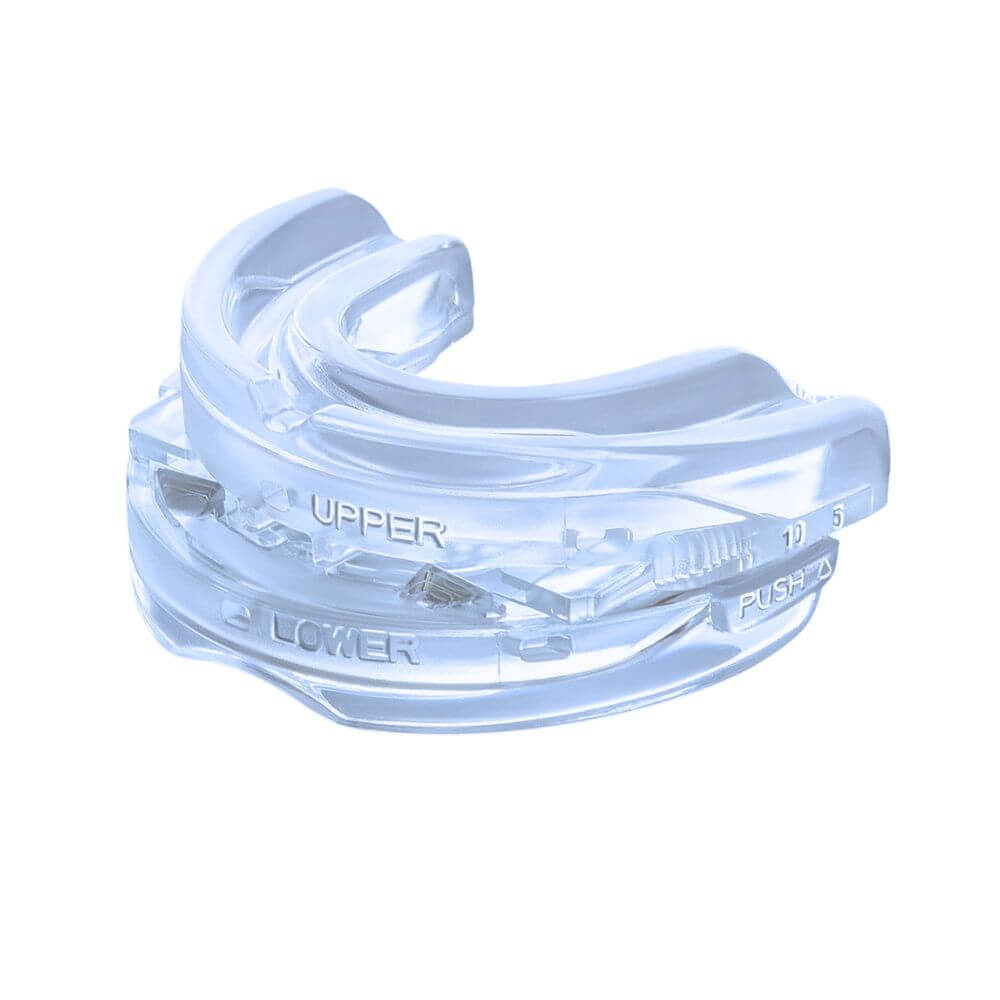Many Australians suffer from migraines, but do you know what they are and how getting a good night’s sleep can help? Let’s take a look at the research and see if sleep is the key to treating migraines.

What are Migraines?
Migraines are severe headaches that usually cause throbbing or pulsating pain in one area of your head. They can last for hours or even days, and often come with other symptoms like nausea, vomiting, light sensitivity, and sound sensitivity. The exact cause of migraines is not known, though there may be certain triggers such as stress, changes in hormones, certain foods or drinks, loud noises, bright lights, and more.
Does Sleep Help with Migraines?
Research suggests that sleep can help reduce the frequency and intensity of migraines. Studies have found that people who get less than six hours of sleep each night are more likely to experience more frequent and severe migraine attacks. People who get enough quality sleep on a regular basis tend to have fewer migraine attacks overall. The National Sleep Foundation recommends adults get seven to nine hours of sleep each night for optimal health.
The connection between sleep and migraines may also be due to hormones in your body that regulate your body’s natural rhythms. Lack of sleep can lead to an imbalance in these hormones which can trigger migraine attacks. Getting enough quality sleep helps keep these hormones regulated which could help reduce the risk of experiencing a migraine attack.
Another aspect of how sleep affects migraines has to do with circadian rhythms – our body’s internal clock which regulates when we feel awake and when we feel sleepy throughout the day and night. Disruptions in this natural cycle can lead to feelings of tiredness during regular waking hours as well as increased vulnerability to migraine attacks. Unfortunately, modern life often interferes with these natural rhythms; shift-work or jet lag can throw off your body clock making you more susceptible to future migraine attacks even after you’ve adjusted back into your regular schedule.
In conclusion, it seems that getting enough quality sleep is essential for reducing the frequency and severity of migraine attacks. While we don’t yet know exactly why this is true, it’s clear that if you suffer from migraines then getting enough restful sleep should be a priority for you. As always, it’s important to speak with your doctor before making any changes to your lifestyle or treatment plan for your migraines.

























